- Home
- Working Groups
- Program
- Recordings
- About
- Transplant Québec
- CDTRP
- Partners
- Committees
- COVID-19 Sanitary Rules And Guidelines
- Registration Form – Virtual Attendance
- User Account Creation
- RSVP – Forum international / International Forum – 14 (AM et PM) et 15 (AM) octobre / October
- RSVP – Forum Québec / Quebec Forum – 15 octobre / October 15 (PM)
- RSVP – Forum international et Forum Québec
- Contact Us
Working Groups
Chapter 1 – Baseline Ethical Principles
Authorship Committee:
- Dr. Curie Ahn, National Medical Center, Seoul, South Korea
- Dr. Aviva Goldberg, University of Manitoba, Winnipeg, Canada
- Dr. Andrew McGee, Australian Centre for Health Law Research, Faculty of Business and Law, QUT, Brisbane, Australia
- Dr. Sanjay Nagral, Jaslok Hospital & Research Centre, Mumbai, India
- Prof. Christy Simpson, Department of Bioethics, Dalhousie University (Primary appt); Australian Centre for Health Law Research (Adjunct appt); Canadian Blood Services (Bioethics Consultant), Halifax, Canada
- Ms. Carmen Carrière, CDTRP Patient, Family and Donor Researcher Partnership Platform
- Mr. Austin Kinsella, CDTRP Patient, Family and Donor Researcher Partnership Platform
Scope and Core Themes:
- Self-sufficiency: Jurisdictions should strive for self-sufficiency by providing sufficient organs for their residents.
- Efficacy: Jurisdictions should implement legislation/policy/laws etc., that work.
- Universality: Speaks to the concept of margins of appreciation (MoA). Speaks to setting limits, and MoA should accommodate where disagreements occur as long as it does not contradict a universal principle (i.e. murder for donation).
- Protection: Jurisdictions should think about and implement policies that protect the vulnerable, including donors, recipients, and others impacted by donation and transplantation.
Chapter 2 – Legal Foundations
Authorship Committee:
- Prof. Jennifer Chandler, University of Ottawa, Ottawa, Canada
- Ms. Meredith Maloof, Indigenous Law Centre – University of Saskatchewan, Winnipeg, Canada
- Prof. Thadeus Masson Pope, Mitchell Hamline School of Law, Ottawa, Canada
- Mr. Alberto Sandiumenge, University Hospital Vall d’Hebron, Barcelona, Spain
- Mr. Roger Pape, CDTRP Patient, Family and Donor Researcher Partnership Platform
Scope and Core Themes:
- Public trust
- Equity & fairness & justice
- Individual autonomy
- Respect for Human Rights
- Improve population health/wellbeing through donation and transplantation
Chapter 3 – Donation System Architecture
Authorship Committee:
- Mr. Louis Beaulieu, Chief Executive Officer, Transplant Québec, Montreal, Canada
- Mr. Anthony Clarkson, NHS Blood and Transplant, London, United Kingdom
- Mr. David Hartell, Canadian Blood Services, Ottawa, Canada
- Dr. Günther Kirste, Albert Ludwigs University Freiburg, Medical Center, Freiburg, Germany
- Ms. Helen Opdam, Australian Organ and Tissue Authority, Victoria, Australia
- Dr. Haibo Wang, China Organ Transplant Response System, Hong Kong, China
- Ms. Linda Powell, CDTRP Patient, Family and Donor Researcher Partnership Platform
- Mr. Richard Ippersiel, CDTRP Patient, Family and Donor Researcher Partnership Platform
Scope and Core Themes:
- Data collection and reporting: At all stages of the donation and transplantation care pathways; Needs to be timely, accurate and easily accessible for those who need it; Needs to drive decision making, action, and improvements; Needs to be safely and legally stored.
- Roles; accountability; legal authority: It needs to be clear who does what, why and when and where accountability lies at local, regional and national levels and under which legislation. This includes accountability for safety, quality assurance, quality improvement, regulators etc.
- Frameworks and best practice guidance: clinical; legal guidance to help interpret the law; ethical guidance to inform clinical decision making; used to inform action at local, regional and national levels; maintains public and clinical confidence in the system.
- Education (clinical and public): Training and education to support the clinical service; public awareness to improve awareness and support, dispel myths, support community leaders in raising awareness at a local level
- Collaboration: At all stages of the care pathway; between all stakeholders (critical care teams; ODOs; regulators; transplant teams etc.); provide seamless care for donors and their families; support organ viability assessment; local, regional, national and international to share learning and best practice
Chapter 4 – Consent Model and Emerging Legal Issues
Authorship Committee:
- Dr. Stephen Beed, Dalhousie University, Halifax, Canada
- Dr. Alicia Perez Blanco, Organizacion nacional de trasplantes (ONT), Madrid, Spain
- Ms. Alexandra Glazier, New England Organ Bank (CEO), Boston, United States
- Dr. Daniela Salomão, Health Department of the Distrito Federal Government, Sao Paulo, Brasil
- Dr. Matthew Weiss, Medical Director - Organ Donation, Transplant Québec, Quebec, Canada
- Ms. Kim Jordison, CDTRP Patient, Family and Donor Researcher Partnership Platform
- Ms. Jennifer Kingdon, CDTRP Patient, Family and Donor Researcher Partnership Platform
Scope and Core Themes:
- Consent Models: to include opt-in, opt-out, reciprocity, incentives, and mandated choice.
- Operational Delivery: how to convert policy into practice.
- Engagement: when introducing a change, you need support (public, health professionals, faith groups, charities, etc.)
- Donor Registry: explore the merits of a registry.
Chapter 5 – Living Donation
Authorship Committee:
- Dr. Prosanto Chaudhury, McGill University Health Centre; Medical Director - Organ Transplantation, Transplant Québec; Montreal, Canada
- Dr. Jongwon Ha, Department of Surgery, Seoul National University College of Medicine, Seoul National University Hospital, Seoul, South Korea
- Mr. Kirit Mistry, South Asian Health Action Patient, Family, Donor Partner
- Dr. Michel R. Pâquet, Centre hospitalier de l'Université de Montréal (CHUM), Montreal, Canada
- Dr. Sunita Singh, University of Toronto, Toronto General Hospital / University Health Network, Toronto, Canada
- Ms. Shilpa Raju, CDTRP Patient, Family and Donor Researcher Partnership Platform
- Mr. Larry Workfolk, CDTRP Patient, Family and Donor Researcher Partnership Platform
Content:
- Donor safety: clinical safety for the donor, long-term follow-up, access to treatment if needed, and donors who travel to donate.
- Non-directed anonymous donors: kidney exchange program, open chains, advanced donation (voucher system)
- Financial neutrality & other barriers to living donation: financial barriers, education awareness, cultural & gender issues, disparate access, prioritization, insurability, and long-term follow-up.
- Public solicitation: Use of various platforms, including social media, to solicit a donor.
Chapter 6 – Tissue Donation
Authorship Committee:
- Ms. Maria del Mar Lomero Martinez, Council of Europe, Strasbourg, France
- Mr. Étienne Fissette, Héma-Québec, Montreal, Canada
- Ms. Marta Fraga, Council of Europe, Strasbourg, France
- Ms. Christine Humphreys, Eye Bank of Canada – Ontario Division, Toronto, Canada
- Mr. Murray Wilson, CDTRP Patient, Family and Donor Researcher Partnership Platform
Scope and Core Themes:
- Self-sufficiency (and where relevant, cells) for human application: based on voluntary, non-remunerated donation, and security of supply
- Quality and safety of tissues and cells for human application
- Robust ethical principles
- Fostering the development of safe and effective innovative options for the not-forprofit setting
Chapter 7 – Research and Innovation in OTDT and Emerging Issues
Authorship Committee:
- Dr. Florence Cayouette, Children’s Hospital of Eastern Ontario, Ottawa, Canada
- Dr. Prosanto Chaudhury, McGill University Health Centre; Medical Director - Organ Transplantation, Transplant Québec; Montreal, Canada
- Dr. Henrietta Consolo, University of Glasgow, Glasgow, United Kingdom
- Dr. Sonny Dhanani, Children’s Hospital of Eastern Ontario, Ottawa, Canada
- Mr. Manuel Escoto, Canadian Donation and Transplantation Research Program, Edmonton, Canada
- Prof. Fadi Issa, University of Oxford, Oxford, United Kingdom
- Dr. Wenshi Jiang, Society of Organ & Tissue Donation China Association for Promotion of Health Science and Technology and Shanxi Provincial Organ Procurement and Allocation Center, People's Republic of China
- Dr. Nicholas Murphy, Department of Philosphy and Medicine, University of Western Ontario, CDTRP Training Program, London, Canada
- Dr. Gabriel Oniscu, Edinburgh Transplant Centre & University of Edinburgh, Edinburgh, United Kingdom
- Ms. Karen Rockell, UK Organ Donation & Transplantation Research Network Patient, United Kingdom
Scope and Core Themes:
- Research Consent
- Data Management: including data collection, storage, and sharing
- Research ethical standards
- Patient partnerships in research
Bios EN
Dr. Lori West
Scientific Director, The Canadian Donation and Transplantation Research Program (CDTRP), Edmonton, Canada
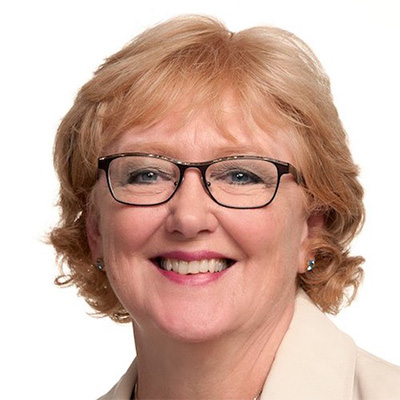
As a clinician-scientist, pediatric transplant cardiologist and basic science transplant immunologist, Dr. West is founding Scientific Director of the Canadian Donation and Transplantation Research Program (CDTRP) and Director of the Alberta Transplant Institute. Bringing together the Canadian donation, solid organ transplant, and hematopoietic stem cell transplant research communities with dozens of partners across sectors and disciplines, alongside patient, families and donors, the CDTRP created a new national framework for collaboration and team science.
Through her research program, Dr. West also leads international multi-site projects examining clinical and immunological implications of ABO-incompatible transplantation. As just one example of her seminal work, Dr. West and colleagues successfully transplanted hearts between infants of incompatible ABO blood groups and identified the induction of B-cell tolerance as a critical mechanism, with major implications for pediatric transplantation. Her work has led to policy changes to donor organ allocation for children around the world.
Dr. West was awarded the Lifetime Achievement Award from the Canadian Society of Transplantation (CST), the 2017 Outstanding Science Leadership Award from the Alberta Science and Technology Leadership Foundation and has served in leadership positions in major societies, including as President of both the International Society of Heart & Lung Transplantation and the CST. She holds the Tier 1 Canada Research Chair (CRC) in Cardiac Transplantation and is a Fellow of the Royal Society of Canada and the Canadian Academy of Health Sciences.
Dr. Lori West has been appointed as an Officer of the Order of Canada, one of our nation’s highest honours. The Order of Canada is awarded by the Governor General and recognizes outstanding achievement, dedication to the community, and service to the nation. Dr. West has been recognized for her leadership in transplantation and donation, particularly for her breakthrough research in infant heart transplantation.
Dr. Marcelo Cantarovich
President of The Transplantation Society; McGill University Health Centre, Montreal, Canada
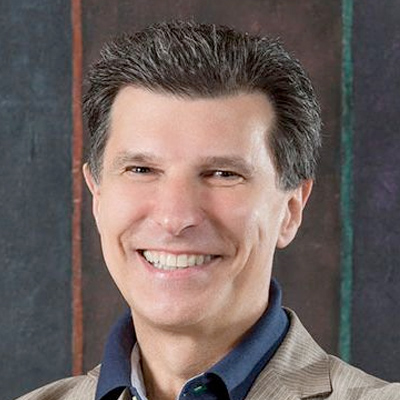
Marcelo Cantarovich is Professor of Medicine, and Associate Director (Multi-Organ Transplant Program) at McGill University (Montreal, Canada). He currently serves as TTS President. His research focuses on multi-organ transplantation, immunopharmacology and renal protection strategies. He has published over 150 manuscripts in peer-reviewed journals. He is past President of the Canadian Society of Transplantation. He is the Chair of the TTS 2022 Congress in Buenos Aires. His primary focus is continuing education for young and established TTS members and increase global access to transplantation.
Mr. Rémi Quirion
Quebec's Chief Scientist and President of The International Network for Government Science Advice (INGSA), Montreal, Canada
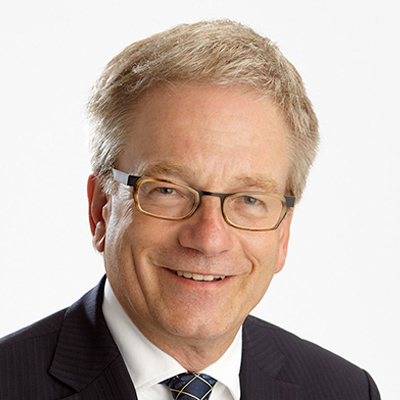
On September 1, 2011, Rémi Quirion, OC, CQ, PhD, FRSC, became Québec’s first chief scientist. As such, he chairs the boards of directors of the three Fonds de recherche du Québec and advises the Minister of Economy and Innovation on research and scientific development issues.
Until his appointment as chief scientist, Rémi Quirion was the vice-dean for science and strategic initiatives in the faculty of medicine at McGill University and senior university advisor on health sciences research. He was the scientific director of the Douglas Mental Health University Institute Research Centre, a full professor in the department of psychiatry at McGill University and the executive director of the International Collaborative Research Strategy for Alzheimer’s Disease of the Canadian Institutes of Health Research. Professor Quirion was the first scientific director of the Institute of Neurosciences, Mental Health and Addiction (INMHA), one of Canada’s 13 health research institutes.
His work helped to elucidate the roles of the cholinergic system in Alzheimer’s disease, of neuropeptide Y in depression and memory and of the calcitonin gene–related peptide (CGRP) in pain and opiate tolerance. Rémi Quirion earned his PhD in pharmacology from Université de Sherbrooke in 1980 and carried out his postdoctoral training at the National Institute of Mental Health in the United States in 1983. He has over 750 publications in prominent scientific journals and is one of the most extensively cited neuroscientists in the world. He has received several awards and honours, including the Ordre national du Québec (Chevalier du Québec, CQ) in 2003, the Prix Wilder-Penfield (Prix du Québec) in 2004 and the Order of Canada (OC) in 2007. Mr. Quirion is a member of the Royal Society of Canada and was also inducted into the Canadian Medical Hall of Fame. In 2015, he was appointed Officer in the Order of Academic Palms of the French Republic, a distinction awarded by the French government that recognizes its contribution to the development of French-Québec relations in research.
Mr. Manuel Escoto
Patient, Family, Donor Partnerships & Education Manager, Canadian Donation and Transplantation Research Program (CDTRP), Edmonton, Canada
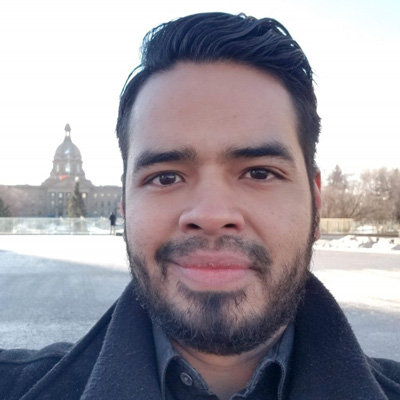
Manuel Escoto joins us from Edmonton, Alberta. He completed his Master of Public Health from the University of Alberta and has received training in patient-oriented research through the University of Calgary’s PACER (Patient and Community Engagement Research) Program.
He is the Patient, Family, and Donor Partnerships & Education Manager with the Canadian Donation and Transplantation Research Program. In this role, Manuel builds relationships with patient partners & investigators and strengthens capacity among CDTRP patient partners. He also has experience collaborating with patients, families, and donors during his time with The Kidney Foundation of Canada.
As a kidney transplant recipient, Manuel has been a patient partner in various initiatives, including collaboration with the CAN-SOLVE CKD Network, The Kidney Foundation, Alberta Health Services, and other projects focused on the health and well-being of kidney and transplant recipients.
Mr. Jean Gravel
President of the Board of Directors, Transplant Québec, Montreal, QC
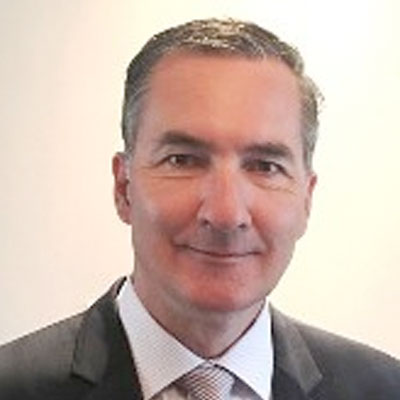
Jean Gravel is originally from Saguenay. He completed his engineering studies at the École Polytechnique de Montréal in 1987 and an MBA at the École des Hautes Etudes Commerciales de Montréal in 1993. Mr. Gravel has held several management positions in various companies and now acts as Vice-President of Sales for a large aerospace company. He received a heart transplant in 2002 and has been a member of the board of directors of Transplant Quebec since 2005. Jean is married and the father of three daughters.
Mr. Louis Beaulieu
Chief Executive Officer, Transplant Québec, Montreal, Canada
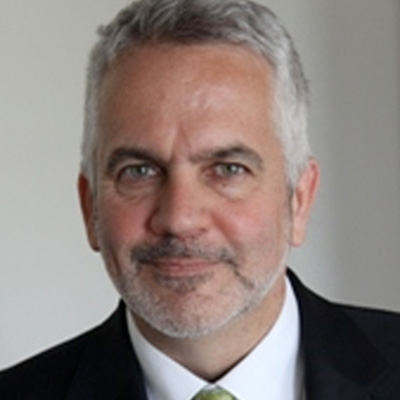
Louis Beaulieu is the Chief Executive Officer of Transplant Québec and Secretary and Treasurer of the Board of Directors, the Québec-wide Organ Donation Organization mandated by the Minister of Health and Social Services, since 2008. He is acting as administrator in Québec, Canada and internationally. Furthermore, he interacts with the media on a regular basis.
In 2011, Louis Beaulieu was elected Full member of The Transplantation Society (TTS) and, in 2013, member of the Board of Directors of the International Society for Organ Donation and Procurement (ISODP) where is acting as the Treasurer since 2017.
From 2010 to 2018, he was appointed by the Cabinet of Québec, as a member of the Board of Directors of the Fonds de recherche du Québec – Santé (FRQ-S).
Louis Beaulieu is a Speech-Language Pathologist since 1993. From 1996 to 2008, he was the President and Chief Executive Officer of the Ordre des orthophonistes et audiologistes du Québec*. Alongside this, he was the Vice President (1998-2006) and then the President (2006-2008) of the Québec Interprofessional Council. In 2017, he received the Award Mérite du Conseil. In 2014, he was honored by the Université de Montréal as one of the 8 graduates between 8 000 people form the 1989 promotion.
Louis Beaulieu obtained his first Bachelor’s degree in Arts, from Université Laval (1986). He earned his second Bachelor’s degree in Sciences in 1989, followed in 1993 by a Master’s degree in speech language pathology and audiology from Université de Montréal. In 2014, he complete the Summer School in Management of Creativity in the Society of Innovation, a HEC-Université de Montréal and Barcelona University program.
* College of Speech Language Pathologists and Audiologists of Quebec.
Dr. Matthew Weiss
Medical Director - Organ Donation, Transplant Québec, Quebec, Canada
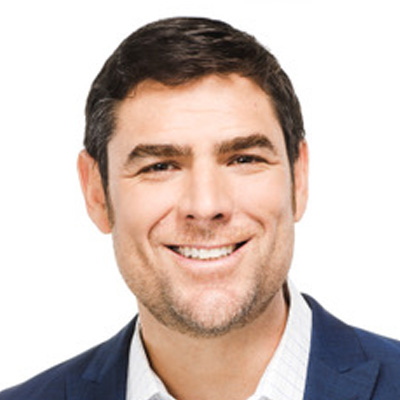
Matthew Weiss is a pediatric intensivist working in Quebec City at the Centre Hospitalier Universitaire de Québec and an assistant clinical professor of pediatrics at the Université Laval. He has multiple provincial and national donation roles, most notably as medical director of donation at Transplant Québec. His research interests mainly focus on the implementation of legislative and policy reform in organ donation. He is the national lead of the LEADDR research program on implementation of reforms in Nova Scotia and had led or collaborated in the development of several deceased donation best practice guidelines. His multiple peer reviewed publications touch on diverse aspects of adult and pediatric donation. Dr. Weiss has presented on these topics in local, national, and international scientific conferences and is a frequent communicator of donation policies and practices in media outlets.
Dr. Mélanie Dieudé
Executive Director, The Canadian Donation and Transplantation Research Program (CDTRP); Université de Montréal; Montreal, Canada
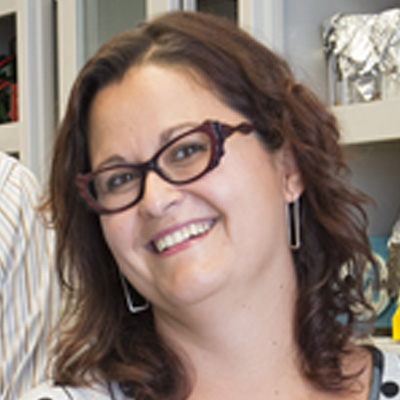
Dr. Mélanie Dieudé is an immunologist and professor at the Faculty of Medicine, University of Montreal, a Researcher at the Centre de recherche du Centre Hospitalier de l'Université de Montréal (CRCHUM), and the Executive Director of the Canadian Donation and Transplantation Research Program (CDTRP). She obtained her PhD from the University of Montreal in 2004. She then did her first postdoctoral fellowship at McGill University from 2005 to 2009, and a second one at the University of Montreal from 2009 to 2011. Dr. Dieudé is the recipient of several honors including the Scientific Personality of the Year from the Montreal daily La Presse (2017), and the Young Investigator Award from the American Transplant Congress in 2011. Recognized for her unifying leadership, Dr. Dieudé has contributed to the development and scientific integration of the CDTRP since 2014 and was promoted to Executive Director of DRTP in January 2020. Dr. Dieudé is developing the strategic planning of the CDTRP by creating high-level scientific linkages combining basic science, clinical science, engineering, chemistry, law, ethics, economics, social sciences and Artificial Intelligence among more than 37 Canadian institutions, major charitable organizations, federal and provincial governments, industrial partners, international collaborators and importantly with patients donors and families.
Dr. Jacinto Sanchez Ibañez
Galician Health Services, A Coruna University Hospital, Coruna, Spain
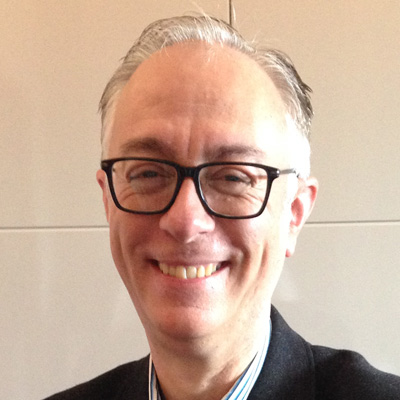
Since 2012, Jacinto Sanchez Ibañez is the Director of the A Coruña University Hospital Tissue Establishment. He is also a founding partner of the Spanish Association of Tissue Banking and, since 1995, is a member of the European Association of Tissue Banking (and current board president).
As an expert in tissue banking, Jacinto has been involved in the development of the 2nd, 3rd, and 4th editions of the Guide to the Quality and Safety of Tissue and Cells for Human Application. His experience also includes being the Director of the Transplant Coordination Office in Galicia, Spain, Transplant Coordinator responsible for the Human Tissue Transplant Program in A Coruña, Transplant Coordinator at the University of Barcelona, and physician at the Hospital Provincial de Santiago.
Dr. Elmi Muller
University of Cape Town, Cape Town, South Africa
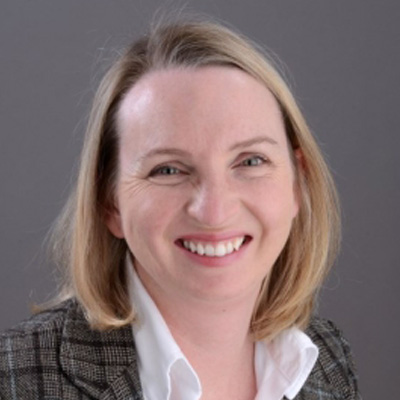
Elmi Muller is a South African health care leader and transplant surgeon. She has extensive experience as a leader and advisor in several national and international professional societies and organizations. She has worked and trained clinicians in Africa through the ISN Educational Ambassador’s programme and had been involved in several workshops of the World Health Organisation. She is currently a member of the WHO Taskforce for Organ Donation and Transplantation.
Her research on HIV positive-to-positive transplantation had a transformative impact on policy, service delivery and society in general, as it redefined practices and beliefs in the field of transplantation. For this work she was awarded the College of Fellows Research Award of the University of Cape Town in October 2010, the Checkers-Shoprite Women of the Year award in 2011, the Women in Transplant Hero award of The Transplantation Society in 2016 and the Alan Pifer Research Award at the University of Cape Town in 2019.
She is the current Chair and Head of the Division of General Surgery at the University of Cape Town and holds an A1 NRF Research rating in South Africa.
Mr. Phil Walton
NHS Blood and Transplant, London, United Kingdom
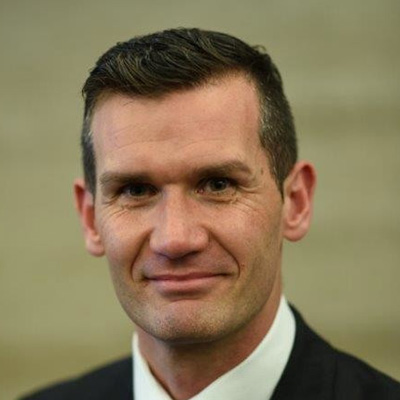
Phil is a nurse with extensive experience working in Critical Care and Organ Donation. Since joining NHS Blood and Transplant in 2009 he has worked as a donor transplant co-ordinator in South Wales, facilitating donations across the region. Phil was the operational leader for Wales when they changed their consent system to Opt-Out in 2015 and led the team through the implementation phase of that change.
Since 2018, Phil has been the Legislation Project Lead for Opt-Out across the U.K., focusing on the operational delivery of consent changes in all U.K. countries and Crowd Dependencies, culminating in the successful implementation of Opt-Out in Jersey, England and Scotland. Currently, Phil is NHSBT’s advisor to the Northern Ireland Department of Health, supporting the passage of their Bill through the legislative process and planning for implementation in 2023/24.
Ms. Claire Williment
NHS Blood and Transplant, London, United Kingdom
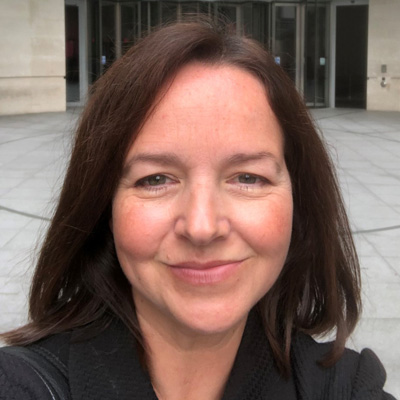
Claire Williment was appointed as the Head of Transplant Development in 2013, with responsibility for developing and implementing strategies for increasing the number and quality of organs for transplant both nationally and internationally. In 2017 she was appointed as the Accountable Executive for Opt Out Legislation Implementation, to oversee the development and delivery of plans within NHSBT to implement changes arising from the change in UK legislation regarding consent for organ and tissue donation. In 2020, she was appointed as the Accountable Executive for the newly established Organ Utilisation Programme, leading a portfolio of activities aimed to maximise the potential for organ transplantation in the UK.
Prior to joining NHSBT, Claire worked in the Department of Health, where she was a Senior Policy Lead with organ donation, respiratory disease and pathology services within her portfolio. She also spent several years working in Health Ministers’ offices.
She is a member of the advisory board for CIHR’s Institute for Neurosciences, Mental Health and Addiction. She also serves on international editorial boards in the field of law, ethics and neuroscience, including Neuroethics, the Springer Book Series Advances in Neuroethics, and the Palgrave-MacMillan Book Series Law, Neuroscience and Human Behavior. She runs an international discussion group called Mind-Brain-Law, which brings together 60 students, scholars and practitioners spanning science, medicine, humanities and social sciences from Australasia, the Americas, Europe and Africa.
Ms. Susan Gunderson, MHA
Chief Executive Officer, LifeSource
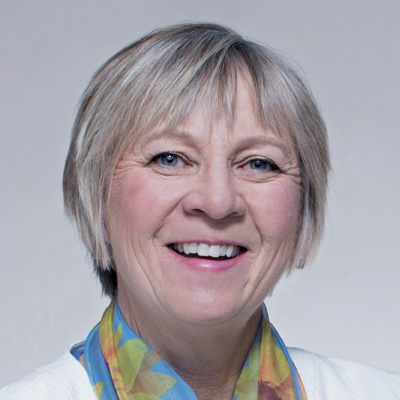
Since 1989 Susan Gunderson has dedicated her career to saving lives through organ and tissue donation as founder and CEO of LifeSource. LifeSource is the federally designated organ procurement organization for Minnesota, North Dakota, and South Dakota that saves lives and offers hope and healing through donation and transplantation. LifeSource is widely recognized as a leader in innovation and best practice in organ donation.
Ms. Gunderson has held national and international leadership positions, including President, Association of Organ Procurement Organizations and President, International Society for Organ Donation and Procurement; Board director for multiple organizations including the United Network for Organ Sharing, the Alliance for Organ Donation and Transplantation, HHS Advisory Committee on Organ Transplantation, and the Musculoskeletal Transplant Foundation.
Since 1996 her international experience has included a faculty appointment with the University of Barcelona, Transplant Procurement Management (TPM) advanced international training course on transplant coordination and she currently serves as Past President of the International Society for Organ Donation and Procurement. She is Associate Editor for Transplantation and was a faculty member for the HRSA Organ Donation Breakthrough Collaborative and Organ Transplantation Breakthrough Collaborative.
Susan has a strong commitment to community involvement and serves on the St. Olaf College Board of Regents. She received her Bachelor’s degree from St. Olaf College and a Masters of Healthcare Administration from the University of Washington.
Mr. Howard M. Nathan
President & CEO, Gift of Life Donor Program
Founder and President, Gift of Life Institute
Founder and President, Gift of Life Family House
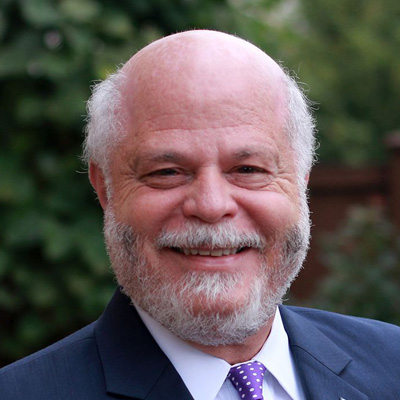
Howard Nathan is the longest-serving Chief Executive of any organ procurement organization in the United States, recently celebrating his 43rd anniversary with Gift of Life Donor Program in July 2021. Since 1974, the program has coordinated more than 52,500 organs for transplantation and approximately 1.75 million tissue transplants.
Gift of Life is one of the oldest of the 57 organ procurement organizations in the United States and under Mr. Nathan’s leadership has grown to be the largest organ donation program in the country, with a network of 15 transplant centers with 40 organ-specific programs and 128 donor hospitals.
In 2020, for the 13th consecutive year, Gift of Life Donor Program is the nation’s leading OPO, coordinating 619 organ donors, resulting in 1,619 organ transplants, the most life-saving organs for transplant among all U.S. OPOs.
Considered one of the nation’s leading authorities on organ and tissue donation, Mr. Nathan is a regular presenter at national and international organ and tissue procurement, transplantation, and medical/healthcare conferences. He and has published more than 400 scientific papers and abstracts during his career and has travelled to over 30 countries to promote best practices in organ donation and transplantation.
Prof. Maeghan Toews
University of Adelaide, Adelaide, Australia
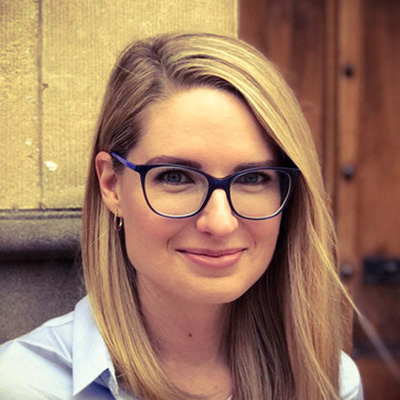
Maeghan Toews is a lecturer at the University of Adelaide Law School where she teaches Tort Law, Medical Law and Ethics, and Evidence and Advocacy.
Her research interests are in the fields of health and medical law, with a focus on the legal and ethical issues arising from new medical biotechnologies. Maeghan’s work is multi-disciplinary, involving collaborations with scientists, clinicians, bioethicists, and communications scholars. She has been involved in a wide range of projects on topics such as precision medicine, rare diseases, research ethics, non-invasive prenatal testing, regenerative medicine, biobanking, and genetics and genomics.
She completed a 2-year research fellowship examining legal and ethical issues associated with organ donation and transplantation, which has become a central focus of my work. My work encompasses a range of methodologies, including traditional doctrinal legal scholarship, media studies, and public surveys.
Prior to entering academia, Maeghan completed BA, JD, and LLM degrees and spent several years in private practice as a commercial litigator.
Dr. Dale Gardiner
NHS Blood and Transplant, London, United Kingdom
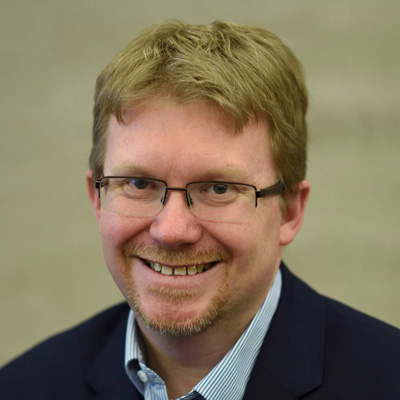
Dr. Dale Gardiner is the Associate Medical Director – Deceased Organ Donation, at NHS Blood and Transplant and a Consultant in Adult Intensive Care Medicine at Nottingham University Hospitals NHS Trust.
His professional interests are medical ethics, the diagnosis of death and deceased organ donation. Dr. Gardiner is chair of Nottingham’s Ethics of Clinical Practice Committee and co-chair of the deceased donation working group for ELPAT. He served for four years as a member of the UK Donation Ethics Committee until its closure in 2016.
Originally, he came from Australia but migrated to the UK in 2002.




